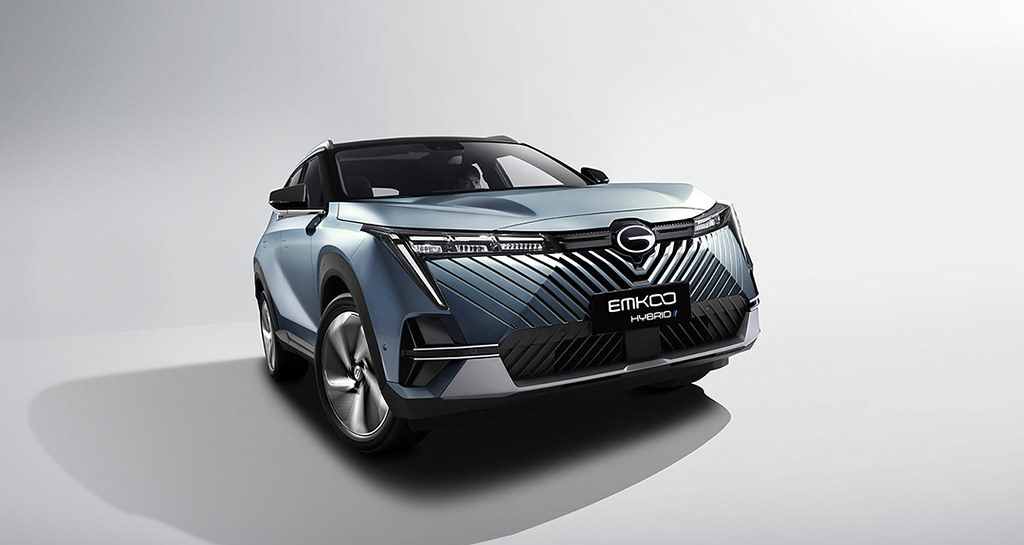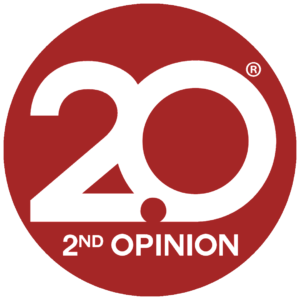The car industry is undergoing a transformation. And it’s a transformation that’s not just brought about by the pandemic, but one that has started some years before the onset of Covid-19. This transformative change is basically a pivot into two directions — one is a notable shift to China-sourced vehicles (driven primarily by this cost-conscious market) and the other is a more global trend in shifting to crossovers (a model genre that has been in existence for over two decades, with the first-gen Toyota RAV 4 and Honda CR-V). Those two shifts have become much more intense in the last few years.
To mark 2ndopinion.ph’s 6th anniversary, here is a list of six car models or brands that underscore this transformation.
1. MG

MG was already in the Philippines before the current distributor, The Covenant Car Company Inc., took over in 2018. TCCCI, also the country’s Chevrolet distributor, quickly leveraged MG’s stylish designs and affordable prices to make it one of the fastest-growing new brands in the Philippines. MG currently markets two sedans and two crossovers, the latter two being among the most in-demand models in the country now.
2. Geely

Like MG, Geely also had another distributor prior to the current one (Sojitz G Auto PH). And like MG, Geely enjoyed phenomenal success with its second Philippine campaign. Credit goes to the seasoned personnel behind the distributorship as well as to the superb initial product offering, the head-turning Coolray crossover. The Coolray is now bolstered by the bigger and more luxurious Azkarra, which is also available as a mild hybrid variant.
3. Chery

While MG and Geely needed a “Take 2” to make inroads into the Philippine market, Chery is taking a third. But with United Asia Auto Group Inc. (UAAGI) now calling the shots, expect this previously much-maligned brand to stand up to scrutiny. UAAGI pulled of a miracle of sorts by hauling its other brand, Foton, to the Top 10 in the Philippines. With irresistible pricing, contemporary styling, a wealth of luxury and safety features, plus industry-leading warranties (1 million-km engine warranty!) and free PMS for 3 years, this resurgent crossover-oriented brand truly means business.
4. Toyota Corolla Cross

This perennially dominant carmaker is so relevant to the car-buying public that the littlest thing they do is considered newsworthy. But, corporate news—and many other new models—aside, the new game-changer from this venerable brand is the Corolla Cross. Not only is this an important new model from Toyota, it also marks a transition of its globally bestselling model from a sedan to the most popular genre now, the crossover. Almost a quarter-century ago, Toyota used the Corolla platform to create the original RAV 4. They could’ve called it the Corolla Cross already back then but didn’t. But times have changed and crossovers are now the most relevant models out there. Hence the Corolla Cross. But the game-changing doesn’t stop there. This groundbreaking new Toyota also comes as a Hybrid, further changing the game.
5. Ford Territory

Ford has dabbled with sedans and hatchbacks (Lynx, Focus, and Fiesta) with varying levels of success. But the market has moved on from cars and the Blue Oval brand is asserting its truck heritage with the Ranger, Everest, and F-150. The once-bestselling Ecosport has lost its sales momentum (even if the current model is its best iteration ever) and the Escape (a bestseller in America but largely ignored here) is no longer locally available. Enter the Territory, a veritable Range Rover Evoque with its sharp, head-turning styling coupled with a formidable array of advanced features and, best of all, an eminently reasonable price tag.
6. Volkswagen

Talk about a 180-degree turn. When Volkswagen made a much-heralded return to the Philippine market under the Ayala Group in 2013, they (and car enthusiasts) celebrated the comeback of the affordable German car. A mere half a decade later, that all-German lineup is replaced with an all-made-in-China range of models with never-been-heard-of names but much more wallet-friendly prices. Sacrilege? Hardly. Sales (and brand popularity, even among non-car enthusiasts) are up. More importantly (at least for diehard VW fans), that unmistakable German-car solidity is still present in the current cars’ DNA. That 180-degree pivot was not just a game-changer, it’s a game-winner.












